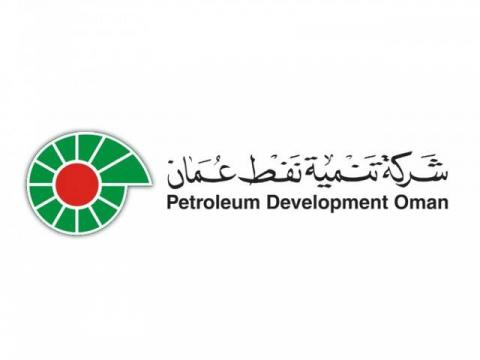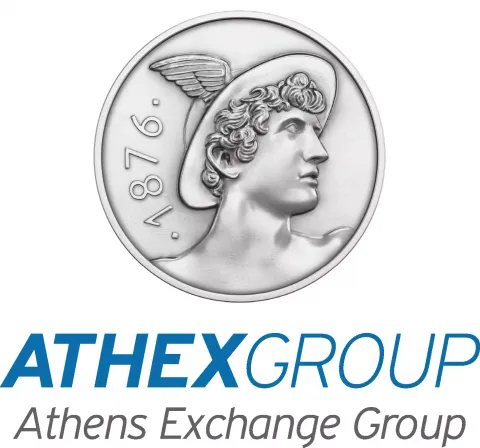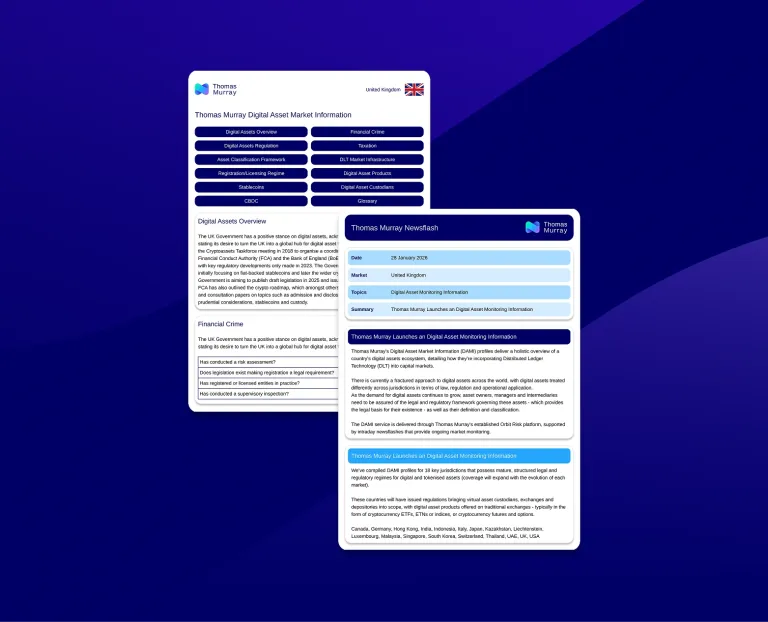This month’s Risk Committee update focuses on the first risk assessment of the new Macao CSD, together with advances in Colombia, Chile, and Peru, and a full due diligence assessment in Switzerland.
Macao
The Risk Committee completed the review and assessment of the depository report for the Macao Central Securities Depository (MCSD) and a first-time proprietary assessment of 'A' has been issued. This assessment was developed using a variety of sources, including assistance and co-operation from the MCSD.
MCSD went live in December 2021. It is purely a bond CSD and saw very little activity during its first couple of years. Over the past year or so, they have implemented the Macau/Hong Kong Connect platform, which works in a similar way to the Bond Connect platform between Hong Kong and China. The official launch of direct linkage between the Central Moneymarkets Unit (CMU) of Hong Kong and the MCSD took place in January 2025 and promotes bond market development in the two regions.
It is a company wholly owned by the Monetary Authority of Macao (AMCM) and provides centralised securities registration, clearing, settlement, depository services and other related services for the Macao fixed income market.
In accordance with the AMCM "Guideline on Registration and Settlement of Debt Securities", all debt securities issued in Macao are subject to centralised registration, custody and settlement in the MCSD.
Colombia, Chile and Peru
Risk assessments for the banks and infrastructures in Colombia and Peru follow due diligence visits and operational reviews in those markets. As a result, some Colombian and Peruvian banks saw slight downgrades in operational risk, due mainly to the change in frequency of internal audits (which do not take place annually), semi-automated reconciliation processes and weaknesses on liens, same day reminders only being manually available by email and telephone, and market claims being available only via client request rather than being proactively offered. The frequency of their penetration tests has also decreased.
Meanwhile, the Nuam Integration Project to integrate the stock exchanges and market infrastructures of Colombia, Chile, and Peru is progressing steadily. The key milestone launch of a single trading engine (Nasdaq platform) remains scheduled for Q4 2025, following regulatory approval of the updated equity rulebook in all three markets. The initiative has already achieved a significant step with the unification of data centres in Chile, which will now support trading operations across all three countries.
A new regional equity index, under MSCI, was launched in July 2025, serving as a benchmark for investors and highlighting the region as an integrated investment destination.
The launch of a regional clearing system is now expected in H2 2026. However, the creation of a CCP in Peru is facing delays due to pending regulatory approvals. If the approval process continues to stall, the new clearing system may be rolled out first in Colombia and Chile, with Peru joining at a later stage. Additionally, the implementation of a harmonised settlement system for Colombia and Peru has been postponed to 2027 to ensure full alignment with regulatory and market infrastructure readiness.
Regarding dividend payments, on 4 July 2025, the Financial Superintendence of Colombia (SFC) issued Resolution No. 1304, following a December 2024 public consultation (Bulletin 011), approving amendments to Deceval’s Operations Regulations. This reform updates procedures for equity entitlement payments, requiring issuers to transfer funds to Deceval by 17:00 on the business day prior to the payment date.
Switzerland
A full due diligence visit included a meeting with SIX, the Swiss stock exchange group, looking at custody and infrastructure, plus evaluations of two major banks.
On the market side, Switzerland remains a politically and financially stable country, with low inflation. Swiss National Bank (SNB) policy rates have remained below 1% throughout 2025 (currently at 0%), and the Swiss franc has appreciated against the euro over the last year. Furthermore, relations between the EU and Switzerland have strengthened, with a new bilateral package of cooperation agreed in late 2024.
The market is performing well: SIX Exchange is the fifth largest exchange in Europe in terms of average daily turnover, comparable to Euronext Milan (excluding the Bolsas y Mercados Españoles (BME) trading volumes). Combined with BME, and SIX’s new MTF acquisition, Aquis, SIX Group would be the third largest exchange in Europe.
The Swiss market will move to T+1 at the same time as the EU and the UK, on 11 October 2027. The Swiss Post Trade Council (SPTC) has issued its recommendations and proposals and there is a separate SIX task force working on the transition that will integrate the SPTC’s recommendations.
SIX is still trying to integrate systems among the different FMIs in the group. After unsuccessfully attempting to integrate the trading systems between SIX and BME, the group decided to adopt the system of Aquis, Equinix, which the exchange described as a state-of-the-art system that is perfectly suited to both exchanges. The group is still trying to integrate the clearing platforms (SECOM and CLARA) and will be finishing with this project soon.
The UK/Swiss Berne Financial Services Agreement (BFSA) that will recognise equivalence of supervisory frameworks and will allow passporting of authorised CCPs in one country to operate in the other, will enter into force in 2026. SIX x-clear applied for authorisation to the Bank of England after Brexit but is yet to acquire approval (with no explanation given).
SIX is still working on digital assets and DLT integration although they no longer have a DLT exchange. SDX entities have become part of SIX’s post-trading and are focusing on issuance of native digital bonds, integration of legacy and DLT platforms and use of stablecoins. SIX is very supportive of the central bank’s CBDC project; SNB is the only central bank that has a live CBDC used for wholesale payments and considered legal tender.
SIX’s Securities Services business unit (BSS) has a new organisational structure, effective 1 Sept 2025, which is expected to be fully live by the end of this year. This is not a cost exercise, but rather a reorganisation of the business to refocus on full integration of SIX and BME. Sales and Relationship Management now covers all sales and RM for all products (previously Sales and RM was separate for each product). Operations for all products are also now under a new unit (under the COO).
A key focus for SIX is stability, allowing them to react to changing volumes. In April, SIX saw a month of settlement vols within one day. This highlighted some areas where they needed to make some changes to improve efficiencies.
Lebanon
Following the 2019 crisis and subsequent conflicts, Lebanon's economy remains fragile, with USD 7-11 billion in damages incurred and a projected GDP growth of 4.7%. Despite these challenges, the government has made some progress in implementing reforms, including a banking secrecy overhaul in April and a bank resolution law in July. The economy is currently experiencing 14.2% inflation and a semi-stable exchange rate, with approximately USD 90-100 billion in deposits, mostly in foreign currency, held by around 1.5 million depositors. However, IMF talks, which restarted in 2025, have shown mixed progress, with no staff-level agreement yet. The government is preparing a plan to address USD 72 billion in financial losses and is working towards a USD 3 billion Extended Fund Facility.
Banks in the region face significant challenges, with declining assets and deposits, due to the country's economic crisis and the Lebanese pound's devaluation.
Lebanon's sovereign creditworthiness has been severely impacted, with credit rating agencies assigning low ratings, including Standard & Poor's SD (Selective Default) rating with a "Not Meaningful" outlook, Moody's C rating with a "Stable" outlook, and Fitch Ratings' withdrawn rating, indicating a high risk of default and significant economic instability.


Risk Committee Updates
Stay informed with Thomas Murray for the latest on market dynamics and regulatory trends – subscribe to Risk Committee Updates on LinkedIn.
We safeguard clients and their communities

Petroleum Development Oman Pension Fund
“Thomas Murray has been a very valuable partner in the selection process of our new custodian for Petroleum Development Oman Pension Fund.”

ATHEX
"Thomas Murray now plays a key role in helping us to detect and remediate issues in our security posture, and to quantify ATHEX's security performance to our directors and customers."

Northern Trust
“Thomas Murray provides Northern Trust with a range of RFP products, services and technology, delivering an efficient and cost-effective solution that frees our network managers up to focus on higher Value activities.”
Insights

Why 72 hours is the New Standard for M&A Cyber Due Diligence
A decade ago, cyber due diligence sat somewhere between “nice to have” and “we’ll deal with it post-close.” That world no longer exists.

Thomas Murray Launches Digital Asset Market Information (DAMI)
Thomas Murray, a global leader in risk management, due diligence, and cybersecurity services, is proud to announce the launch of Digital Asset Market Information (DAMI).

Solving the "Scale Paradox": How to Automate Portfolio Oversight with Fewer People
In 2026, private equity technical teams are facing a "Scale Paradox": portfolios are growing in complexity, while in the internal teams responsible for operations and cybersecurity oversight, headcounts remain stagnant.

How Private Equity Hackers Choose Their Targets
Private equity firms sit at the intersection of high-value financial transactions, sensitive deal data, and an expanding portfolio of technology heavy portfolio companies – and it’s this combination that makes PE an attractive target for cyberthreat actors.

